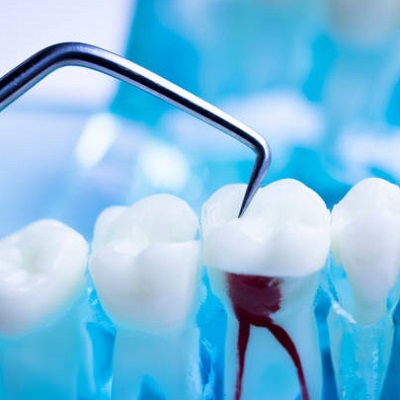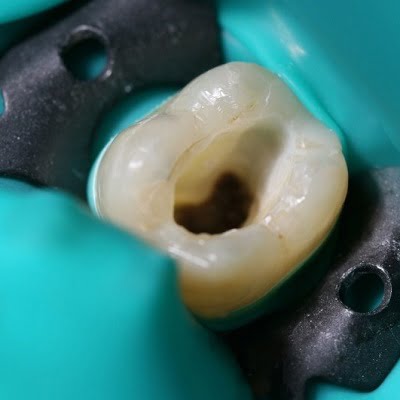Pain or discomfort following root canal therapy can be very irritating. Long recovery periods tend to scare most people into anxiety. Nevertheless, there is some hope. What is the fastest way to recover from a root canal? The answer lies in proper aftercare. After going through the procedure, rest and avoid chewing food from the treated side for a few days. Ice packs can help with swelling; over-the-counter pain relievers cover any discomfort.
Also, keep your mouth clean by brushing your teeth gently around the treatment area. Do not eat hot or cold food for a few days to minimize sensitivity. Following these steps will lead to a faster recovery and fewer complications. Following your dentist’s advice makes the healing process much smoother and faster so that you can return to your normal routine as soon as possible.
A Brief Overview of Root Canal Treatment:
Root canal treatment is a dental process developed to store a tooth that is considerably diseased or fractured. It includes removing the inflamed or diseased pulp from the inside of the tooth. The pulp is a delicate tissue containing nerves and blood vessels, which might get infected because of extensive decay, frequent dental procedures provided by Dr Usama Hayat Ghauri, or a break inside the tooth.
Unexpected Results After Root Canal Treatment:
After receiving a root canal, you may initially feel some discomfort, swelling, or sensitivity; however, these side effects usually go away in a few days. For tooth protection, your dentist could apply a temporary filling. During the next few appointments, you may like to come back for a permanent crown to preserve the tooth’s natural characteristics and avoid future issues. Complete healing may take a few weeks, during which time any closure discomfort should gradually subside as the tooth heals and the infection goes away.
What is the fastest way to recover from a root canal?
If you crush the rubbish you will recover speedily from root canal treatment by following a certain careful oral hygiene behavior. For the first 24 hours, rest and heal. Do not chew on the treated sides, because it aggravates and delays recovery. To quantitatively take down the swelling and numb the area, use ice packs on the outside of your cheeks. Apply them for 15-20 minutes especially during the first few days at times after the procedure.
Pain management is an extremely essential part of recovery. For this reason, the very first even-the-counter pain analgesics prescribed to a patient after root canal treatment should be painkillers at the instruction of your dentist. Stay with soft foods that are neither too hot nor too cold to limit sensitivity. Be careful to brush your teeth well but softly around the area that has had treatment. Hence most importantly must maintain an oral hygiene routine to minimize infection possibilities. The moment pain or swelling worsens, a dentist is to be contacted immediately. Hence, doing this will speed recovery and allow for early normal activity engagement.
Advantages of Having a Root Canal:
- Pain Relief: The method reduces severe dental pain brought on by damage or infection, enhancing general comfort and well-being.
- Improved Dental Health: It contributes toward improved long-term oral wellness by preventing the over-the-counter spread of contaminants to nearby teeth and tissues.
- Minimal Downtime: Patients may quickly return to routine tasks after the procedure, which usually only causes a little discomfort.
- Benefits for Mental Fitness: relief from a chronic toothache can significantly reduce the anxiety and stress associated with dental problems.
How Much Cost of Root Canal Treatment in Islamabad?
The cost root canal treatment in Islamabad begins at around PKR 20,000. The degree to which the issue is serious and the specific requirements of a character determine the variable value. Other factors that might affect the total remedy rate include the following. The quality of the system and always seek out the services of a knowledgeable professional.
Book Your Consultation Right Now!
Make the first step toward getting the smile of your dreams by scheduling a consultation right now. Our master dental group is prepared to furnish you with first-class care and customized treatment. We are focused on conveying remarkable outcomes.










